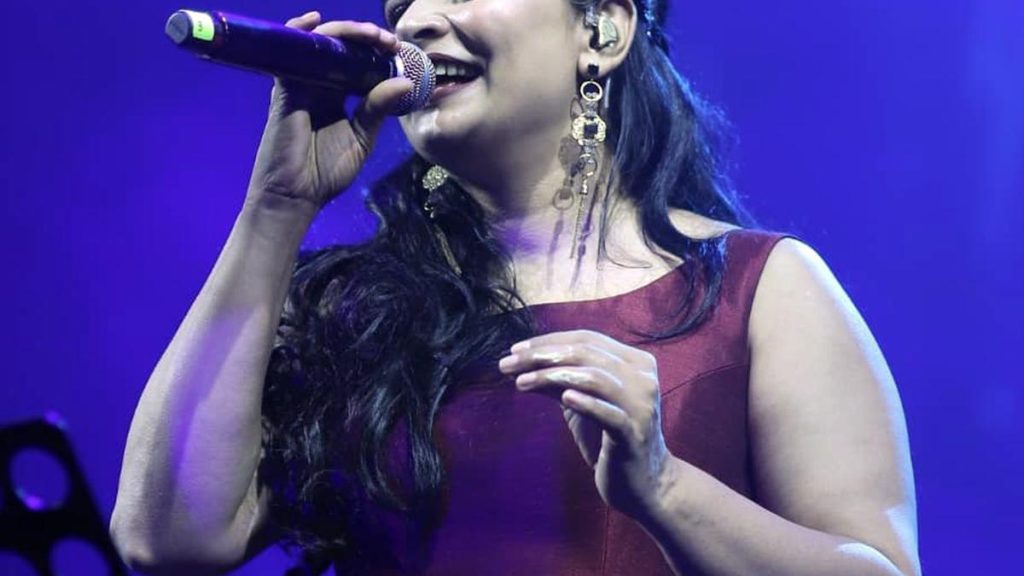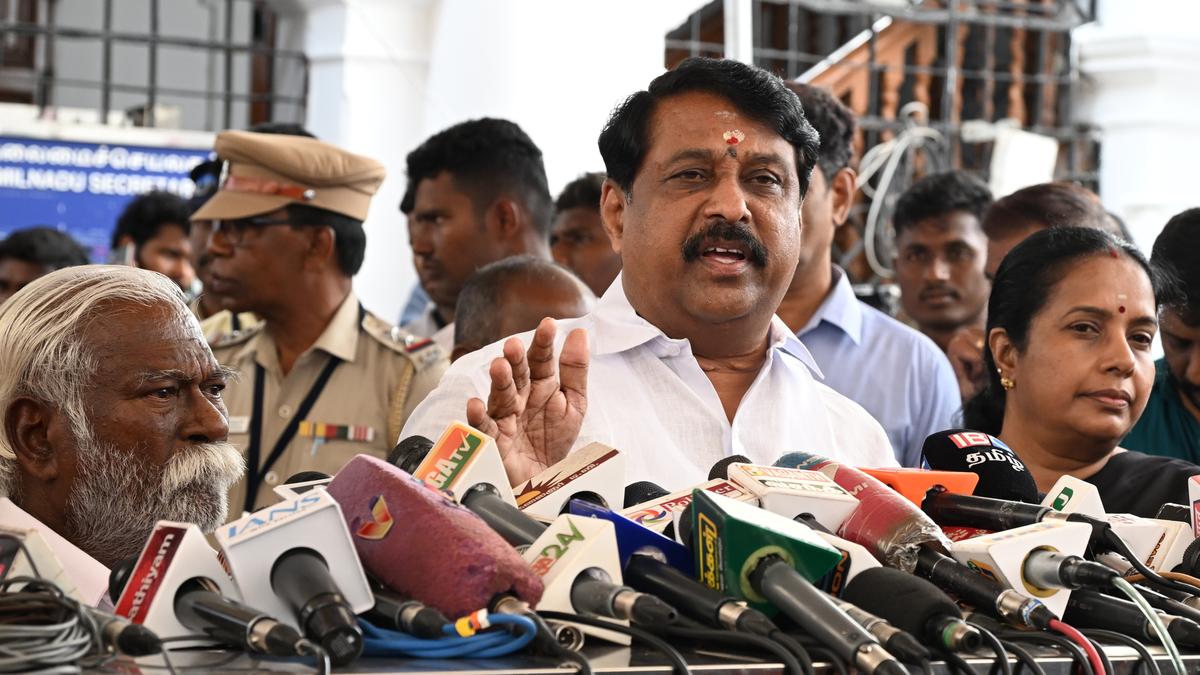Now Reading: Assistant Priest Arrested Over Abusive Post Targeting CM
-
01
Assistant Priest Arrested Over Abusive Post Targeting CM
Assistant Priest Arrested Over Abusive Post Targeting CM

Fast Summary
- An assistant priest named Gururajachar was arrested by the Kengeri police on Saturday for posting an abusive comment about Karnataka Chief Minister siddaramaiah concerning the Mysuru Dasara inauguration.
- The remarks were linked too the State government’s decision to invite Booker Prize winner Banu Mushtaq to inaugurate this year’s Dasara festivities.
- The arrest followed a complaint from the bengaluru West Division Congress Committee after a video of his remarks went viral.
- Gururajachar was dismissed from his position shortly after his arrest, according to the Sri Raghavendra Seva Samithi Trust.
- The Trust clarified that he was not a priest of Raghavendra Swami Mutt but served as an assistant priest at an affiliated Ganesha temple and condemned his statements publicly.
Indian Opinion Analysis
This incident highlights the increasingly contentious intersection between religion, politics, and public discourse in India. Public figures or individuals associated with religious institutions have meaningful social influence, but when such individuals breach acceptable norms or engage in inflammatory rhetoric, it raises critical concerns over accountability and decorum.
The swift legal action taken reflects both public sensitivity around incendiary remarks by community leaders and political parties’ vigilance over potential controversies linked to high-profile cultural events like Mysuru Dasara. Additionally, dismissing Gururajachar demonstrates institutional efforts by religious bodies like the sri Raghavendra Seva Samithi trust to distance themselves from controversial incidents that risk damaging their reputation or credibility among adherents.
For India as a culturally pluralistic nation, such occurrences underscore how vital it is indeed for all stakeholders-public officials, commentators, and religious representatives-to foster respect in dialog while navigating complex decisions involving inclusivity in traditional observances.
Read more: [Link from original input]























